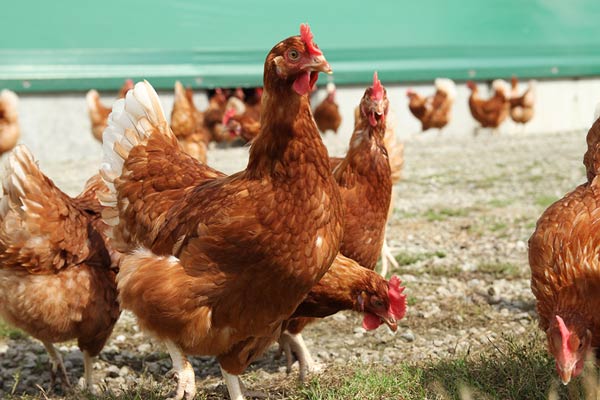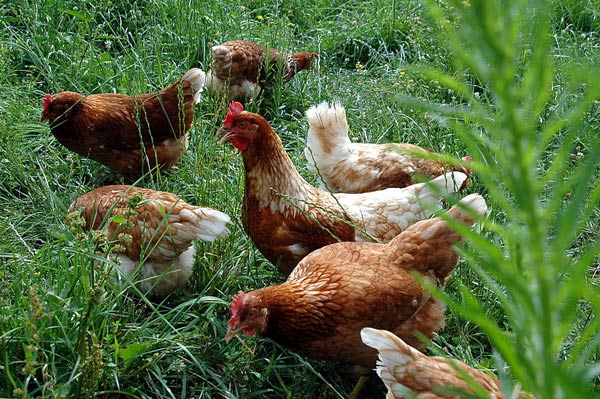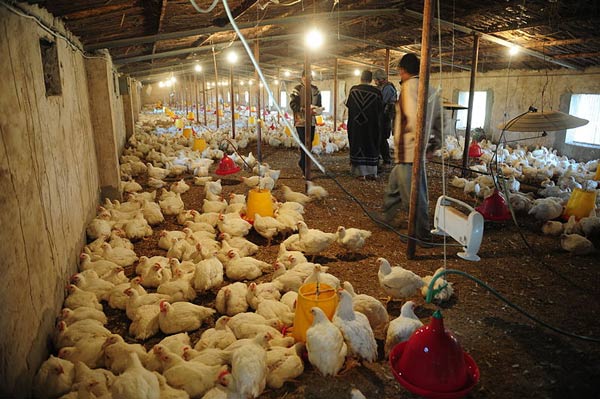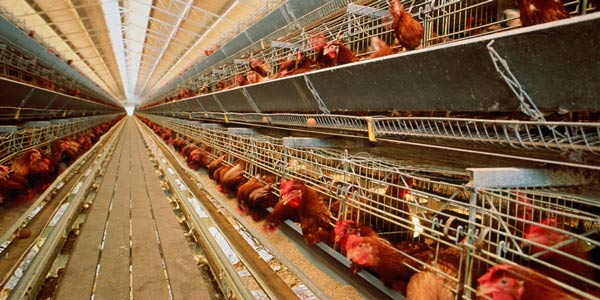BY DUNIA MAG

Hens on a free range farm in Canada. Photo: World Animal Protection
The Egg Farmers of Canada (EFC), a national non-profit industry group responsible for the management of the Canadian egg supply and the standards of care and housing that producers must follow, announced on February 5th plans for an industrywide phase out of conventional barren battery cages towards cage-free systems.
The group which represents more than 1,000 commercial egg farms cautioned that this transition will take time, up to 20 years.
World Animal Protection, an organization that works to find practical ways to prevent animal suffering worldwide was quick to applaud the move by EFC.
“The Egg Farmers of Canada’s announcement marks a huge milestone in improving the lives of laying hens,” says World Animal Protection Canada’s Executive Director Josey Kitson, “it makes Canada a global leader in the care of hens and one of the few regions to have banned battery cages.”
Today, more than 90% of Canada’s 28 million hens live in battery cages. Hens in battery cages live in a space the size of an iPad and are unable to move freely, stretch their wings or exhibit natural behaviour such as nesting, foraging and dustbathing. This commitment will allow producers to choose between cage-free options or enriched cages. Enriched cages, while an improvement over barren battery systems, still keep hens caged in confined spaces.
The Egg Farmers of Canada’s announcement comes on the heels of commitments by iconic brands like McDonald’s, Tim Hortons and Cara Foods to source eggs from cage-free systems.
“While the industry begins the transition away from battery cages to other housing systems, recent corporate announcements and changing consumer expectations show that cage-free options like free-run and free range should be the standard,” continues Kitson, “we believe that cage-free is the best option and more than ten thousand Canadians have taken our Choose Cage-Free pledge proving that they agree. Canadians want eggs from hens that are not kept in any kind of cage”.
In 2014, the US produced nearly 100 billion eggs by birds mostly raised in caged farms (90%) for massive egg production, generating an estimated $10.2 billion in revenue.
As consumers demand more humane treatment of animals, major food companies such as Denny’s, Taco Bell, Quizno’s, Dunkin Donuts, Mondelez International are joining McDonald’s in declaring a shift toward buying only cage-free eggs.

Chicken farm of manor Landskron at Gratschach, Villach, Carinthia, Austria. Photo: Johann Jaritz
A 2007 European Food Safety Authority report found that hens kept in battery cages were up to 25-times more likely to contract Salmonella infection than those raised in farms using non-cage systems. The studies concluded that keeping hens in small, barren, crowded cages causes them considerable stress, which can make the hens more susceptible to diseases and more infectious.

A chicken farm in Zambraniyah, Iraq.

